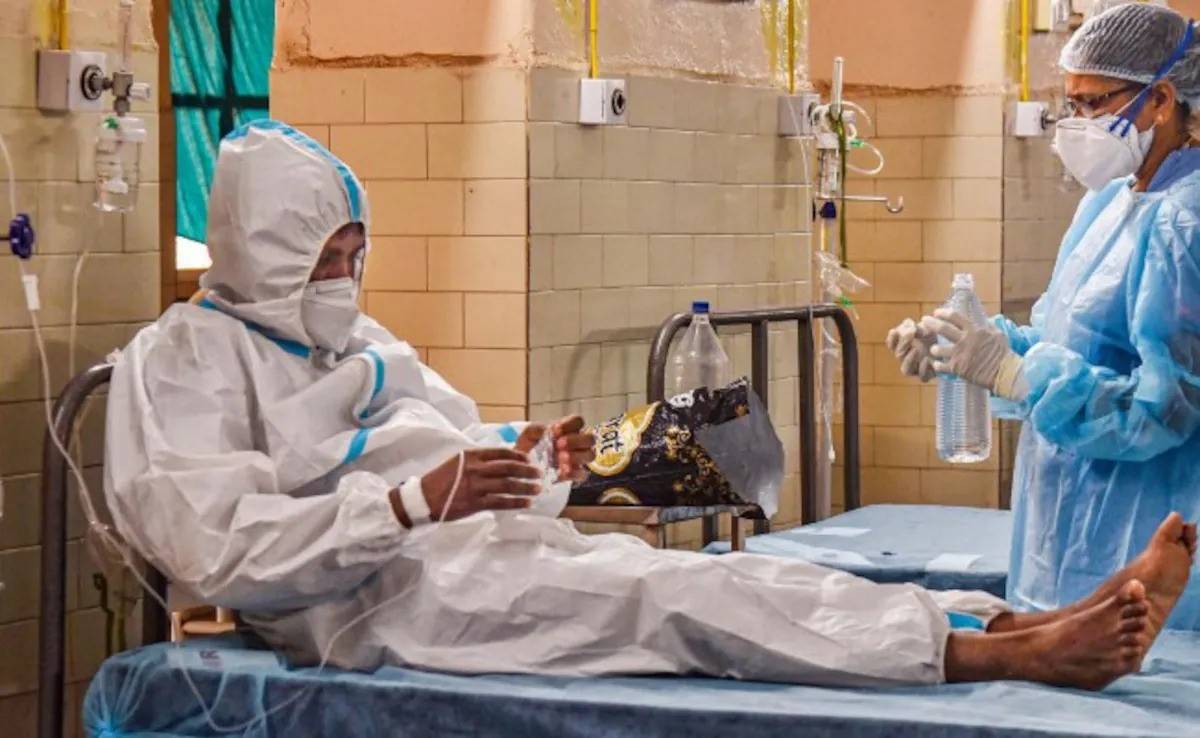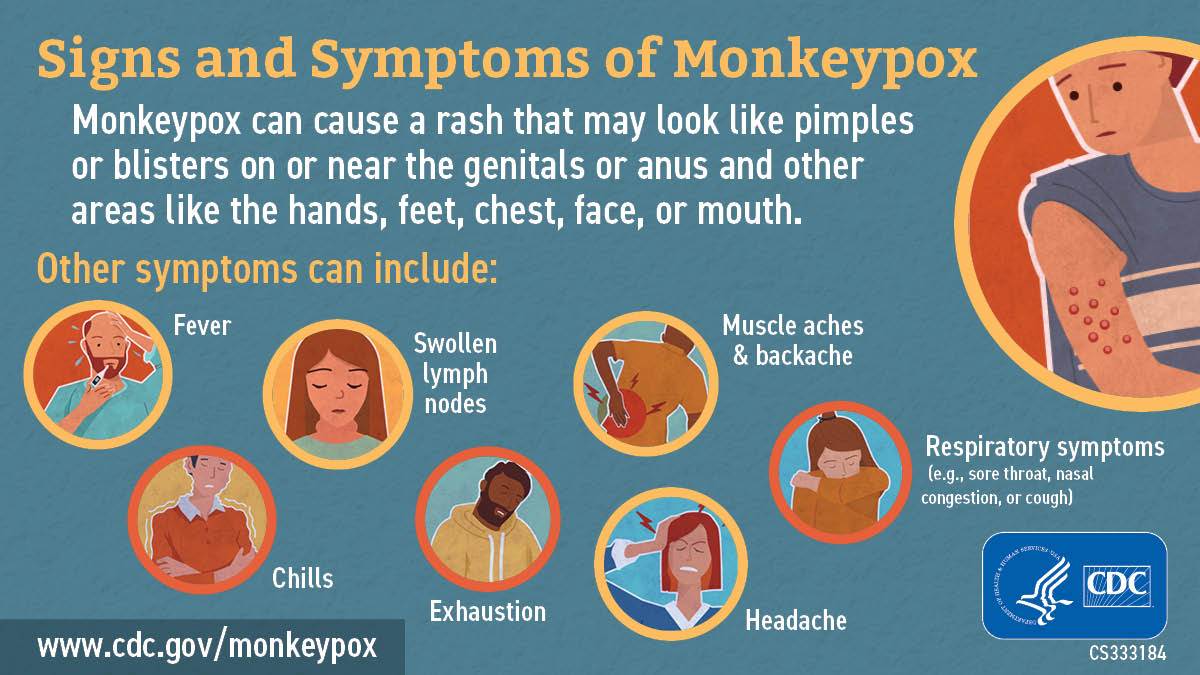WHO declares Mpox outbreak a global health emergency
New strain fuels rapid spread, prompting urgent international response and increased funding for containment efforts

Dubai: Monkey Pox, a viral disease related to smallpox, has surged in Africa, prompting the WHO to declare it a Public Health Emergency of international concern. The outbreak, driven by a new, more transmissible strain, has triggered an urgent global response to contain its spread and protect vulnerable populations.
New strain sparks global alert amid growing concerns
Mpox, previously known as monkeypox, is a disease that is characterized by a distinctive rash that progresses through several stages before healing.
Unlike chickenpox, Mpox is a zoonotic disease that can be transmitted between animals and humans, primarily affecting regions in Central and West Africa. The virus, found in small rodents, monkeys, and other mammals, generally causes mild illness but can be severe in individuals with weakened immune systems, young children, pregnant women, or those with a history of eczema, information via CDC.
How does Mpox spread
Close personal contact
-
Direct skin-to-skin contact with mpox rash or scabs.
-
Exposure to saliva, respiratory secretions, or bodily fluids from an infected person.
-
Pregnant individuals can transmit the virus to their fetus or newborn during and after birth.
-
Intimate activities such as oral, anal, or vaginal sex, hugging, massage, kissing, and prolonged face-to-face interactions.
Touching contaminated objects
Contact with uncleaned items like clothing, bedding, towels, sex toys, or other personal items used by someone with Mpox.
Timing of spread
-
Spread can occur from symptom onset until the rash fully heals and new skin forms.
-
Some individuals may spread the virus 1 to 4 days before symptoms appear.
-
No evidence suggests asymptomatic individuals can spread the virus.
Animal transmission:
-
Spread from wild animals in endemic areas via direct contact with infected animals or their waste, or through bites and scratches.
-
Possible, but less likely, to contract from pets through close contact.
-
To reduce risk: avoid close contact with potentially infected animals and pets.
-

Stay safe and know your symptoms!
Image credit: CDC
The rapid spread and urgent measures
Dr. Tedros Adhanom Ghebreyesus, WHO Director-General, has elevated the recent surge in Mpox cases in the Democratic Republic of the Congo (DRC) and neighboring African countries to a Public Health Emergency of International Concern (PHEIC).
This decision follows urgent advice from an emergency committee and reflects the alarming spread of a new, more transmissible strain of the virus.
Global response and immediate funding needs
In response to this crisis, WHO is fast-tracking vaccine access and has allocated US$ 1.45 million from its Contingency Fund for immediate efforts. An additional US$ 15 million is required to bolster surveillance and response activities.
The organization is calling on global donors to support these crucial efforts to control the outbreak and mitigate its impact.
New strain and regional impact
The emergence of clade 1b, which has recently spread to Burundi, Kenya, Rwanda, and Uganda, countries previously unreported for Mpox, has intensified the urgency of the response.
WHO is coordinating with international partners to ensure equitable vaccine distribution and support for affected regions through the interim Medical Countermeasures Network.